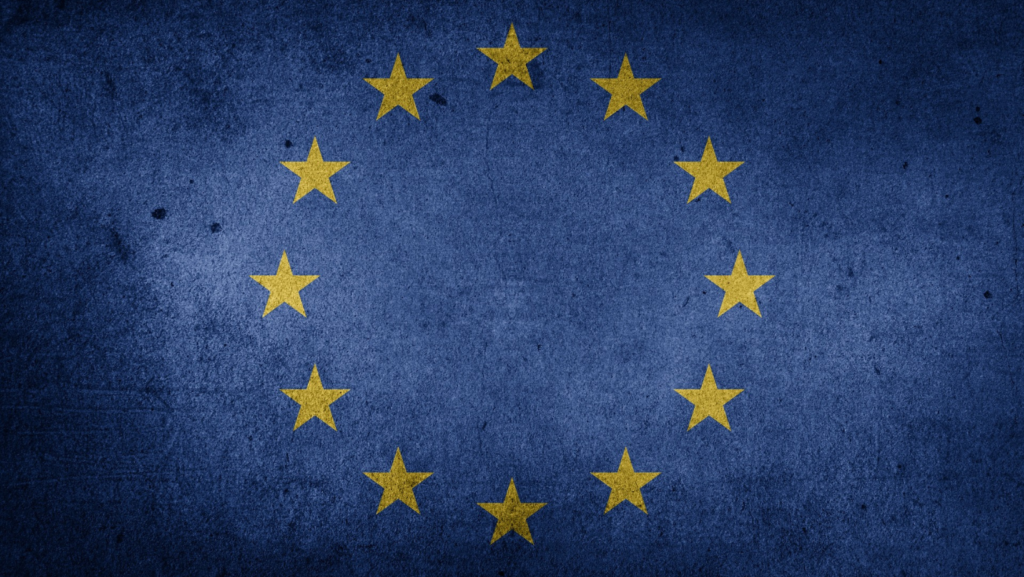
Economy needs political stability to work and prosper. Democracy certainly is an imperfect form of political organisation. Yet, among the most imperfect forms of political organisation, is the one that more successfully proved to be able to guarantee the general wellbeing of people.
In democracy, such stability relies on the existence of diverse political parties that compete for political power, and have to be capable of addressing not just the needs of their political constituency, but of all citizens.
A political system made of unstable and internally belligerent parties express unstable governments that very negatively affects the economy.
Since the 1990s, Western democracies have been experiencing a severe deregulation of market based on the general belief that economy is an independent force that requites no intervention by states.
After less than 20 years, as the 2008 subprime crisis triggered a harsh economic recession, such belief proved wrong. States’ central banks were asked to intervene to save banks and the economy through massive Quantitative Easing (QE) policies.
As a consequence of the economic crisis, populist parties seized power. Trump in the US, Salvini in Italy and Johnson in the UK managed to be elected because of their ability to redirect people’s fears and concerns against democratic procedures and supranational institutions such as the EU, the UN, the WHO and so forth and so on.
However, the spread of the Covid-19 pandemic showed how unfit populistic, far right parties were to guarantee stability and tackle the social-economic crisis, and address the health emergency.
A demand of a new course of state intervention to sustain economy and people’s finances, hence of political stability characterises this new phase. Thus, the US recovered its partnership with the EU, re-entered the international agreements on climate change as well as the WHO. The EU abandoned the the rigidities of no-debt policies and launched the biggest plan of economic recovery since the Marshall Plan; while an isolated UK tried to appease the anti-EU propaganda and restore some sort of a constructive dialogue with European institutions.
As stability was required, unstable governments collapsed to make room to governments to be able to guarantee stability. In Italy Mario Draghi succeeded Giuseppe Conte as prime minister, putting and end to a phase of political instability that obstructed the decision-making process and threatened to jeopardise the EU recovery plan, leading to the collapse of the Eurozone.
A fierce struggle between groups inside the Italian Democratic Party led to the resignation of its leader, thus opening a new phase of potential political instability that risked to affect Mario Draghi’s government – the Democratic Party being one of this latter’s major stakeholders. A new leadership was required to restore stability within the party and ensure a steady support to the government.
To conclude, economy cannot work efficiently without political stability. As stability constitutes the primary condition for any dynamic of economic recovery, growth and prosperity.
Antonio Desiderio